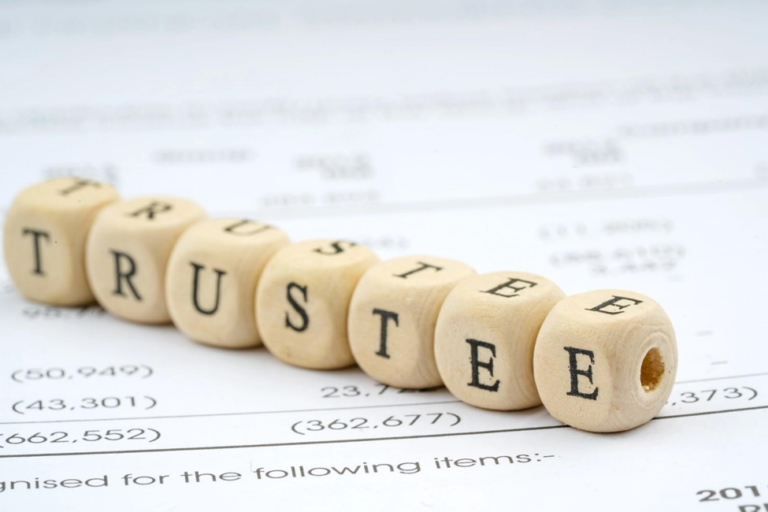If you’ve always worked to hone your intelligence, skills, and insights as a business owner, you have probably developed a lifelong love for learning. You might even assume that there’s no such thing as “bad” learning — but is that really true? An Accelerated Learning article by Michael Simmons argues that there are indeed right ways and wrong ways to learn, and that the wrong ways can actually impair your brain and your thought process. I was impressed with this article, so I’d like to bring it to your attention and summarize some of its most important points.
Simmons begins the article by pointing out that what we learn alters how we think, even to the point of restructuring our brains. He notes a study of London cab drivers who took the famously difficult qualification test, which requires accurate memorization of every detail of the city’s roads. The cabbies who successfully underwent the training and passed the test were found to have significantly larger brains than those who gave up.
Unfortunately, Simmons continues, not all learning is good or healthy learning, just as not all food is equally good for you. The wrong kind of learning, which he terms “junk learning” as an analogy for junk food, can actually impair your brain power and reduce your practical intelligence. Simmons identifies five specific kinds of junk learning that can do your intellect more harm than good:
Obsolete Information
Even the most well-informed data and thoughtfully-presented information may become obsolete as new theories are advanced or new facts supplant old ones. For example, Simmons notes that 50 percent of research findings on liver disease were no longer considered correct 45 years later. The more rapidly civilization changes, the more quickly and easily facts can go stale, giving you a foundation of junk learning instead of sound information. Simmons advises readers to seek out information that will gain in value over time (instead of depreciating).
Insufficient Knowledge
Simmons reminds us that a little knowledge can be a dangerous thing, especially if you know too little to proceed in a given endeavor with the proper caution. When you suddenly realize that you don’t know what you should, your confidence plummets and can take some time to recover (a phenomenon called the Dunning-Kruger Effect, which I have addressed in past articles). It’s always wise to assume that you don’t necessarily see the whole picture, and that you need to learn more.
Confirmation Bias
Sometimes when people are trying to obtain an answer which supports their existing knowledge, they will fixate on the first fact that appears to agree with their current (or desired) point of view. This is confirmation bias, and it can severely taint the purity of your learning process. The wrong information can actually cause the brain to ignore or refuse more correct conflicting information, a problem which I have also discussed in past articles. Simmons urges readers to stress-test their ideas and accept the truth of the results.
Trusting the Wrong Sources
People frequently buy cars, beverages, or other products simply because their favorite celebrity, politician, or family member happens to endorse them. Trusting unqualified sources can lead you to buy into wrong information, a hallmark of junk learning. Simmons advises us to choose our sources with care and objectivity.
Over-Specializing in One Area of Knowledge
Focusing on too narrow a range of specialized information can sabotage your ability to transfer your knowledge from one area to another. For instance, learning to drive on an automatic transmission may force you to un-learn those skills before you can learn how to drive a stick shift. Simmons recommends learning fundamentals first, and then transferring those broad areas to knowledge to specifics.
© 2020 Matthew W. Harrison and Harrison Law, PLLC All Rights Reserved
This website and article have been prepared by Harrison Law, PLLC for informational purposes only and does not, and is not intended to, constitute legal or financial advice. The information is not provided in the course of an attorney-client relationship and is not intended to substitute for legal advice from an attorney licensed in your jurisdiction.






